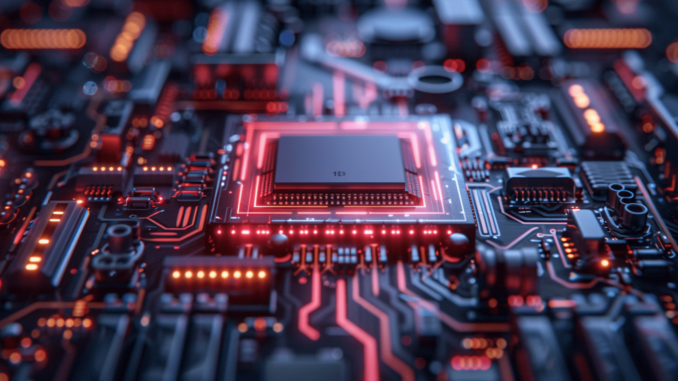
Nvidia researchers are claiming noteworthy progress in the quest to build a fully functional, commercially viable quantum computer based on supercomputer simulations conducted with graphical processing units (GPUs).
Quantum Physics
Quantum computers function differently from their classical counterparts. The computers we use every day, such as the one you’re reading this article on, rely on binary switches to conduct computations. But their quantum cousins exploit the nature of physics, through the use of qubits, to conduct much more complex computations than ones and zeros alone are capable of.
There are numerous schools of thought when it comes to exactly how to build a quantum computer, and all of them involve incredibly expensive infrastructure, frontier engineering, and groundbreaking research into theoretical math and physics concepts.
Arguably, the two most common approaches being explored today are quantum gating and quantum annealing. The differences between the two are stark, as are their potential capabilities.
Nvidia’s Approach to Quantum Annealing
Nvidia is working toward the development of a quantum annealing system. Its vast experience with GPUs in both the gaming and artificial intelligence sectors puts it in a unique position to pursue quantum computing research via supercomputer simulations.
Supercomputers vs Superclusters
According to the recently-published research paper, Nvidia researchers tapped hundreds of thousands of GPUs, in several separate clusters, to simulate the behavior of a quantum annealing system.
These kinds of simulations are typically performed on supercomputers featuring CPU clusters or similar architectures. But Nvidia’s pioneering GPUs give it a powerful alternative.
The Nvidia research describes how the team used these GPU-based quantum simulations to solve an outstanding problem encountered in annealing systems where magnetic particles used in quantum computing would “abruptly change their behavior.”
Through simulations, the team was able to come up with a proposed solution involving the manipulation of magnetic fields. Once implemented, this could bring full-service quantum annealers a step closer to market.
Applications Going Forward
Quantum annealing systems are a special kind of quantum computer being developed to solve very specific problems. Unlike gate-based quantum computers, they’re not being designed to work on general tasks.
They’ll likely be developed in a bespoke manner to solve outstanding problems in the field of optimization. The industries most likely to be affected by quantum annealing systems include quantum sensing, transportation, shipping and logistics, energy, finance, and blockchain.
In the realm of finance, for example, scientists predict quantum computing systems could provide significant increases in accuracy in the areas of forecasting, portfolio management, and diversification.


